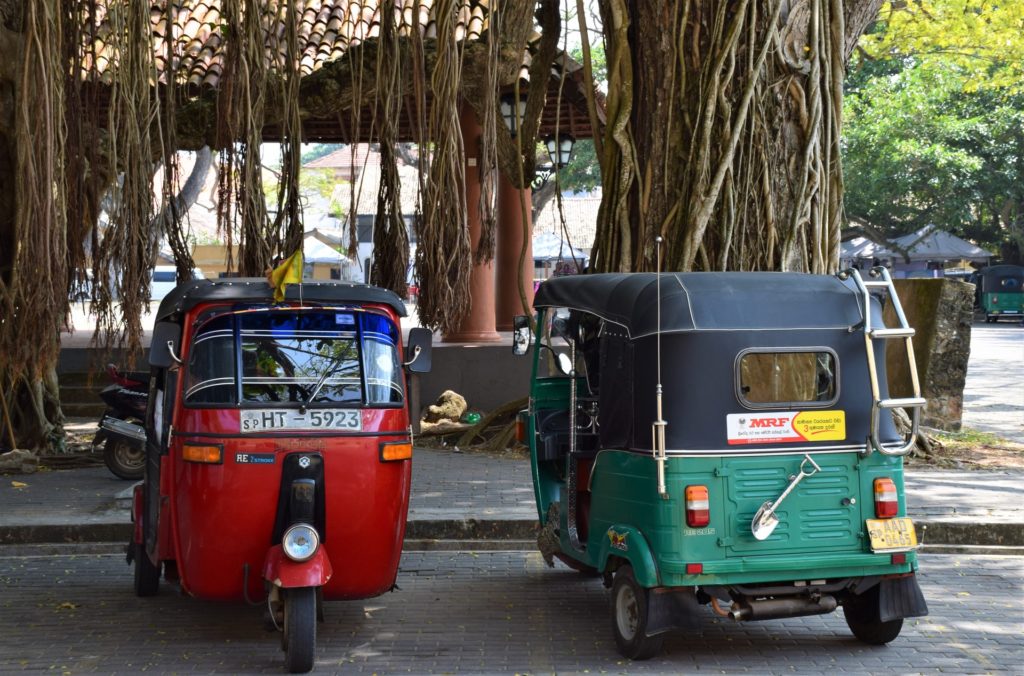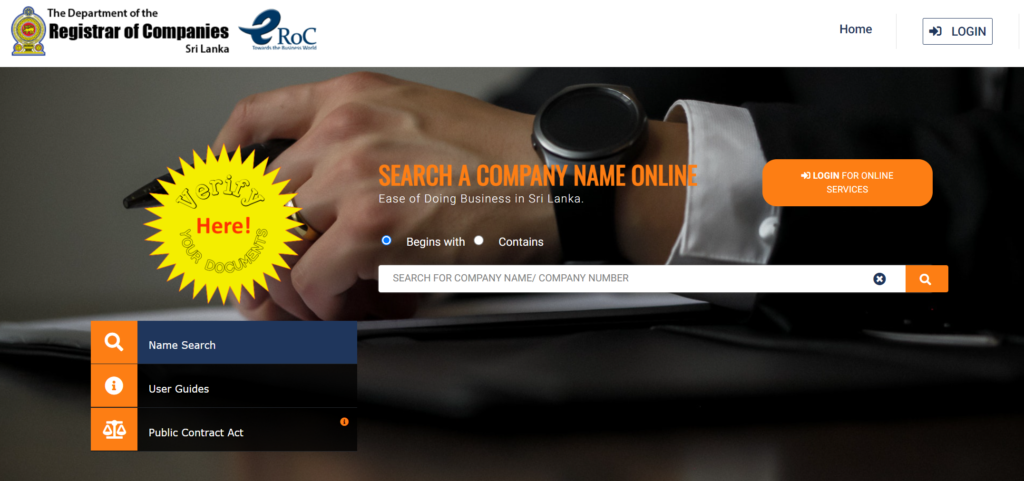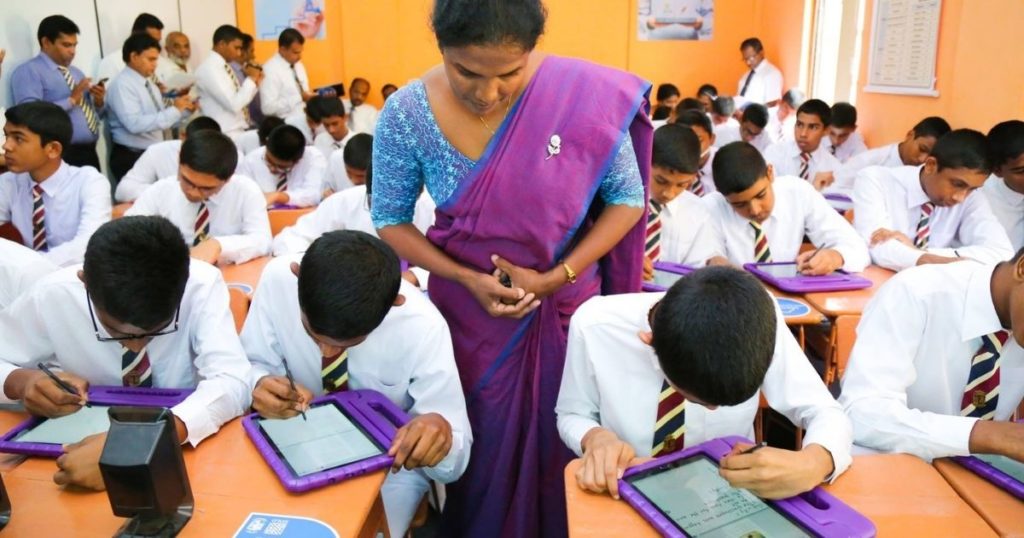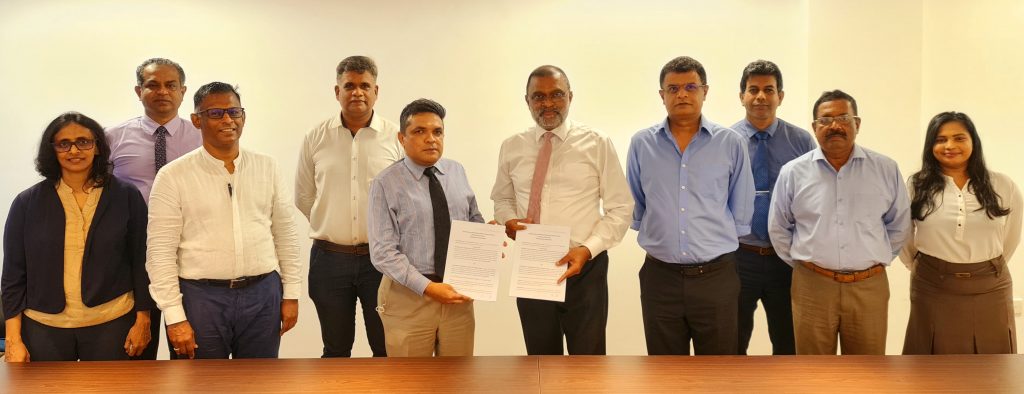It’s another year and another budget proposal. Amidst the pages of fluff, there were some curious proposals made. There weren’t a lot of considerations around tech explicitly. But there were still some announcements made that should be of interest. So here’s what we gathered from the Budget 2022.
The three-wheelers are finally getting regulated
It’s been a long time coming. But the taxi industry is finally getting regulated, or a part of it at least. Finance Minister Basil Rajapaksa announced a proposal to establish a regulatory body for tuk-tuks. Though the announcement wasn’t specific on how this would affect existing ride-hailing apps one would assume there would be oversight on this part of the industry as well.
Over the past few years, Sri Lanka’s leading ride-hailing apps PickMe and Uber have been cause for more than a few headaches for both drivers and customers. Drivers regularly refusing card payment hires have become rampant in the recent past. It’s an issue that partly stems from how platforms charge drivers and how card payments impact their daily income. It’s also partly to do with the lack of oversight from the platforms themselves.
Uber is no better. In fact, the US company’s presence in Sri Lanka has had its fair share of controversies. The most notorious incident was the Uber driver abuse incident in 2019, which led to people questioning if Uber was even safe to use in the country.

But that’s only one side of the spectrum. There are plenty of other pertaining issues around the tuk-tuk industry. For instance, how fare shoot up to abnormally high rates outside the urban areas of the island. Especially in high-tourist traffic-prone areas.
It’s unclear what the exact implication of the regulatory body will be on the tuk-tuk industry. But it’s certainly a welcome one and a regulatory body could potentially mitigate most of these issues.
Business registrations are free in 2022 (yay?)
If you were thinking of starting a business in the coming future, then this announcement might help you make that decision. At least that’s what the government believes this proposal will do. According to the Finance Minister, business registration fees are to be completely waived off for 2022. Though in reality, this does very little to help prospective entrepreneurs to set up their businesses.
Business registration is only part of the equation. There are matters of registering for taxes, EPF and ETF, obtaining utility facilities, buying your own LK domain, and more. Not all of these processes are as straightforward as one would hope. Some are still playing catch up in terms of adopting a comprehensive digital solution. Even existing e-government services such as the e-RoC digital platform by the Department of Registrar of Companies is already cause for concern.

Thankfully, the budget 2022 also proposed that the Finance Act would be amended to simplify the process of registration of new businesses. This refers to the consolidation of fees levied for the process as well as related implementations by the Board of Investment, Department of Foreign Exchange, and Export Development Board.
So while this is a step in the right direction, there’s still much to be desired. At least in terms of fostering entrepreneurship in Sri Lanka.
Internet access to over 10,000 schools
Internet access has long been an issue for a lot of Sri Lankans. We’ve already talked about how the pandemic has impacted the current landscape. One of the biggest casualties of the lack of internet is the students and rural communities that are being left out of online education. As such, the government has proposed that a fiber optic-enabled telecom network will be established covering all 10,155 schools. The required financial and technological assistance will be provided by the TRCSL.

There’s no indication of what the exact timeline will be for this project. But evidence suggests that efforts have already been underway since early this year.
Judicial processes to get an efficiency boost
An amount of LKR 5 billion was proposed to be allocated to improve the efficiency of judicial processes via digitalization. This refers to human resource operations pertaining to reforms in laws related to criminal, civil, and commercial laws. the program is to be continued to develop court infrastructure facilities.
Some of these digitalization efforts are already in the works. The latest initiative in this department is the enactment of e-payments for traffic offenses.
Digitalization of taxation
The budget 2022 also indicated moves to upgrading the administration process around taxes. As such, this would include,
- Legal provision for the application of technological processes for tax assessment and collection
- Full implementation of the Revenue Administration Management Information System (RAMIS)
- Integrating bank and financial institutions with Lanka Clear to RAMIS
- Legitimization of the use of digital identification numbers
- Expeditng the implementation of the digital revenue collection system of the Excise Department
- Introduction of a mechanism that would enable the examination of the accuracy of tax documentation. Furthermore, permission to be granted to accept valid digital invoices and documents wherever applicable.
A proposal for a Single Window System was also made. This is where all institutions connected to Sri Lanka Customs will be integrated with the aim of easing the import and export process. However, the idea for a single-window system isn’t a new one. Back in 2016, Sri Lanka Customs launched the National Single Window (NSW) project. The idea continued to be a discussion point over the years following the official launch, with one stating the NSW will take as long as 2030 for implementation back in 2019.
Tax changes
Speaking of taxation, the Budget 2021 indicated a Special Goods and Service Tax (GST). This was where an online managed single GST would be imposed on telecommunication and gaming along with motor vehicles, cigarettes, liquor, and betting. The Budget 2022 stated that legal provision related to GST is currently being drafted. So we would have to wait a while until the rate and means of collection are communicated.
As of now, there’s a total of 10.20% tax levied on internet services when it comes to telecommunication services. This includes a 2.04% Cess and an 8.16% VAT. For telecom services other than internet, this total comes up to 22.60% (Cess 2.04%, telecommunication levy 11.48%, VAT 9.08%).

On the topic of telecommunications, a fee is to be charged on licenses issued by the TRCSL via auction. This includes fixed phone lines, mobile connections, internet services, as well as satellite broadcasting operations. 5G frequencies are also to be sold via auction this way.
Other proposals include an 18% VAT on financial services. The budget proposal indicated that the increased 3% should not be transferred onto the consumer at any point. The Finance Minister also proposed a 25% surcharge tax on individuals or companies exceeding LKR 2 billion taxable income for the Year of Assessment 2020/2021.
Blockchain, digital banking, and technoparks get a mention
In what feels like a follow-up to the recent crypto announcement, the budget 2022 also presented the idea of using blockchain “to strengthen internal systems by improving the efficiency, operational efficacy, expenditure management.” However, as we’ve previously stated, this still raises the question about Sri Lanka’s digital priorities.
It was also proposed to transform conventional bank branches into “smart banking units”. As such the Central Bank is to “introduce the required laws, regulatory framework including on capital requirements, licensing”.

Techno parks, which have been in conversation since last year’s budget (along with an allocation of LKR 10 billion) also get a mention at budget 2022. Accordingly, two are already in development in Kurunegala (Rathgalla) and Galle (Akmeemana). By 2023, the government hopes to establish three more technoparks in Habarana, Nuwaraeliya (Mahagasthota), Kandy (Digana). That’s five technoparks in total.
Back in September, cabinet approval was given to form an entity dubbed “Technology Park Development Company” and move the five technoparks under the company. At the time, it was suggested that the company could potentially be listed on the Colombo Stock Exchange in the future.
LKR 15 billion for a mini supermarket network
A proposal was made to establish a mini-supermarket network aimed at women entrepreneurs. The announcement comes as part of the government’s new economic development program for women entrepreneurs.
“This program is based on the experience gained from distributing essential food items to the village during the Covid pandemic.”
The goal is to ensure an uninterrupted supply and distribution, even in the event of a disaster. Part of this is to be enabled by integrating the primary supply chain via “networking using information technology”.
Ramping up for a digital economy?
Additionally, there are several other policy-related mechanisms currently underway. Most prominently, the Data Protection Bill, which has received cabinet approval and is awaiting to be passed on to law. Then there’s the cybersecurity bill. Both of these documents aim to patch the much-needed data protection and security-related legislature.
Overall, these announcements come at a time when the Sri Lankan government is actively pushing for a “Digital Economy”. The ICTA estimates Sri Lanka’s digital economy to be 4.37% of the country’s GDP, which puts it at USD 3.47 billion.
But time will tell how these proposals will pan out. Government authorities generally don’t have the best track record when it comes to digital initiatives in Sri Lanka. So, here’s hoping for the best.
In case you’re curious, you can find the Budget 2022 full speech here.
Update: Article has been edited to include the technopark and mini supermarket proposals made in the budget







GIPHY App Key not set. Please check settings